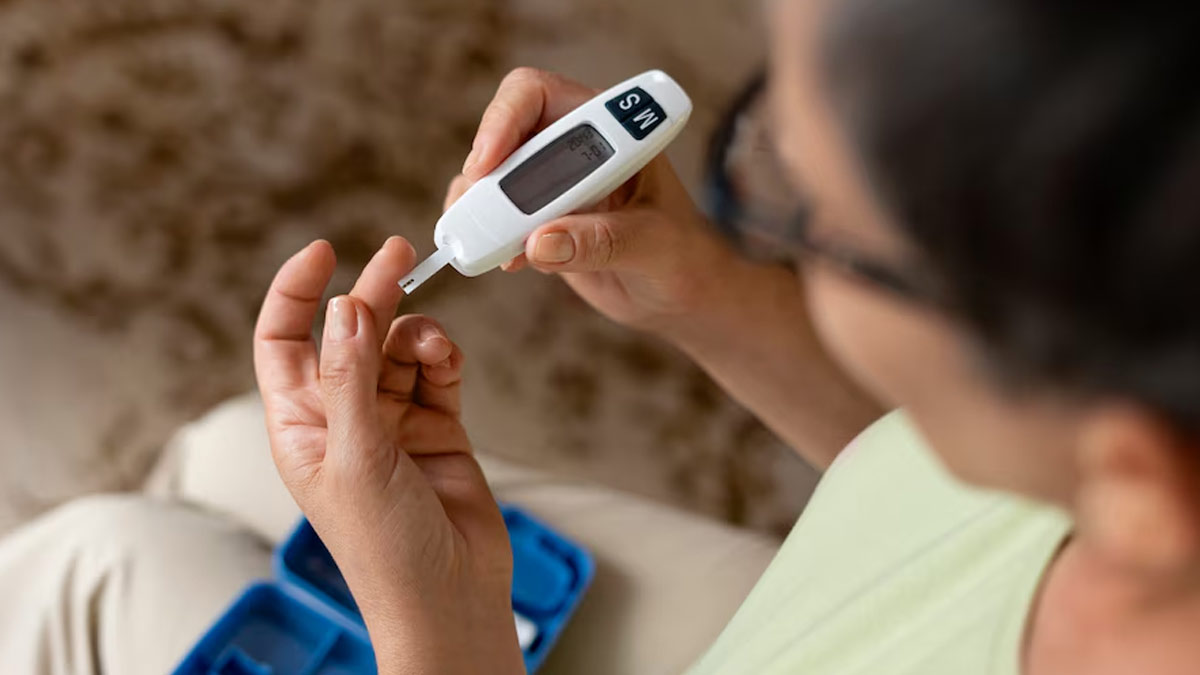On this year’s World Diabetes Day, a recent report has uncovered a distressing reality: over 800 million adults globally are living with diabetes, with the majority of them not receiving adequate care. This staggering figure, revealed in a study published in The Lancet, is almost double previous estimates of diabetes prevalence, which the World Health Organization (WHO) once projected at (422 million). This revelation underscores an urgent call for improved global health strategies and community awareness about diabetes.
The theme for this year’s World Diabetes Day, “Breaking Barriers, Bridging Gaps,” reflects a mission to address the obstacles in diabetes care. The theme also aims to unite healthcare providers, governments, and communities in their efforts to ensure that those diagnosed with diabetes have access to affordable, high-quality treatment.
Why Diabetes Is A Global Health Crisis
Diabetes is a chronic health condition where the body cannot properly regulate blood sugar levels, which can lead to serious complications like heart disease, kidney failure, nerve damage, and vision problems. The disease is commonly classified into two types: Type 1, an autoimmune condition where the pancreas produces little to no insulin, and Type 2, a condition where the body cannot effectively use the insulin it produces. The majority of diabetes cases worldwide are Type 2, often linked to lifestyle factors such as diet, physical inactivity, and obesity.

Also Read: Struggling With Dry Lips Already? Here Are 6 Tips To Hydrate Them Naturally
The WHO report highlights that more than half of those aged over 30 with diabetes are not receiving adequate treatment. Lack of access to healthcare resources, medication, and lifestyle interventions are major contributing factors. Many affected individuals reside in low- to middle-income countries, where healthcare systems are often ill-equipped to manage chronic diseases. This situation contributes to a cascade of preventable complications, placing additional strain on global health resources.
Tips To Safeguard Yourself From Diabetes
Though some risk factors, like genetics, are beyond our control, lifestyle choices play a significant role in preventing Type 2 diabetes. We spoke to our expert Dr Bhumesh Tyagi, Consultant, General Medicine and Physician, Sharda Care Health City – Noida to share some practical tips to protect yourself and reduce your risk. Here is what he shared with us.

1. Eat a Balanced Diet
Focus on whole grains, lean proteins, healthy fats, and plenty of fruits and vegetables. Avoid highly processed foods, sugary snacks, and drinks, which can spike blood sugar levels. Eating foods with a low glycemic index, such as whole oats and legumes, can help maintain stable blood sugar.
2. Stay Active
Regular physical activity helps the body use insulin more effectively. Aim for at least 150 minutes of moderate exercise per week, such as brisk walking, cycling, or swimming. Incorporating strength training exercises a few times a week can also be beneficial.
Also Read: Children’s Mental Health: Expert Reveals The Hidden Dangers Of Early, Unsupervised Social Media On Young Minds
3. Maintain a Healthy Weight
Excess weight is a significant risk factor for Type 2 diabetes. A healthy diet combined with regular physical activity can help you maintain or achieve a healthy weight, reducing your risk of developing diabetes.
4. Manage Stress
Chronic stress can lead to hormonal imbalances that affect blood sugar levels. Techniques like meditation, deep breathing, and yoga can help manage stress and improve your overall well-being.
5. Get Regular Check-Ups
Regular health screenings allow for early detection of diabetes, especially if you are at high risk. Monitoring blood sugar levels, cholesterol, and blood pressure can help you and your healthcare provider manage risk factors before they develop into serious conditions.
Bottomline
The findings from the WHO report is a stark alarm for the urgent need for enhanced diabetes care and prevention strategies worldwide. While efforts to close the gaps in healthcare access are underway, individuals can take proactive steps to protect themselves against diabetes. Adopt healthier habits, stay informed, and get regular check-ups, to collectively work toward reducing the global burden of diabetes.











